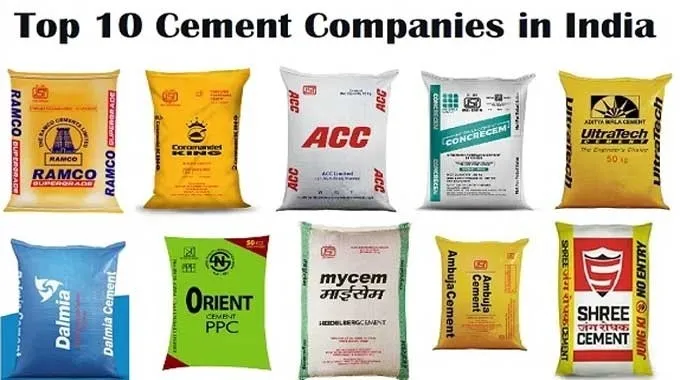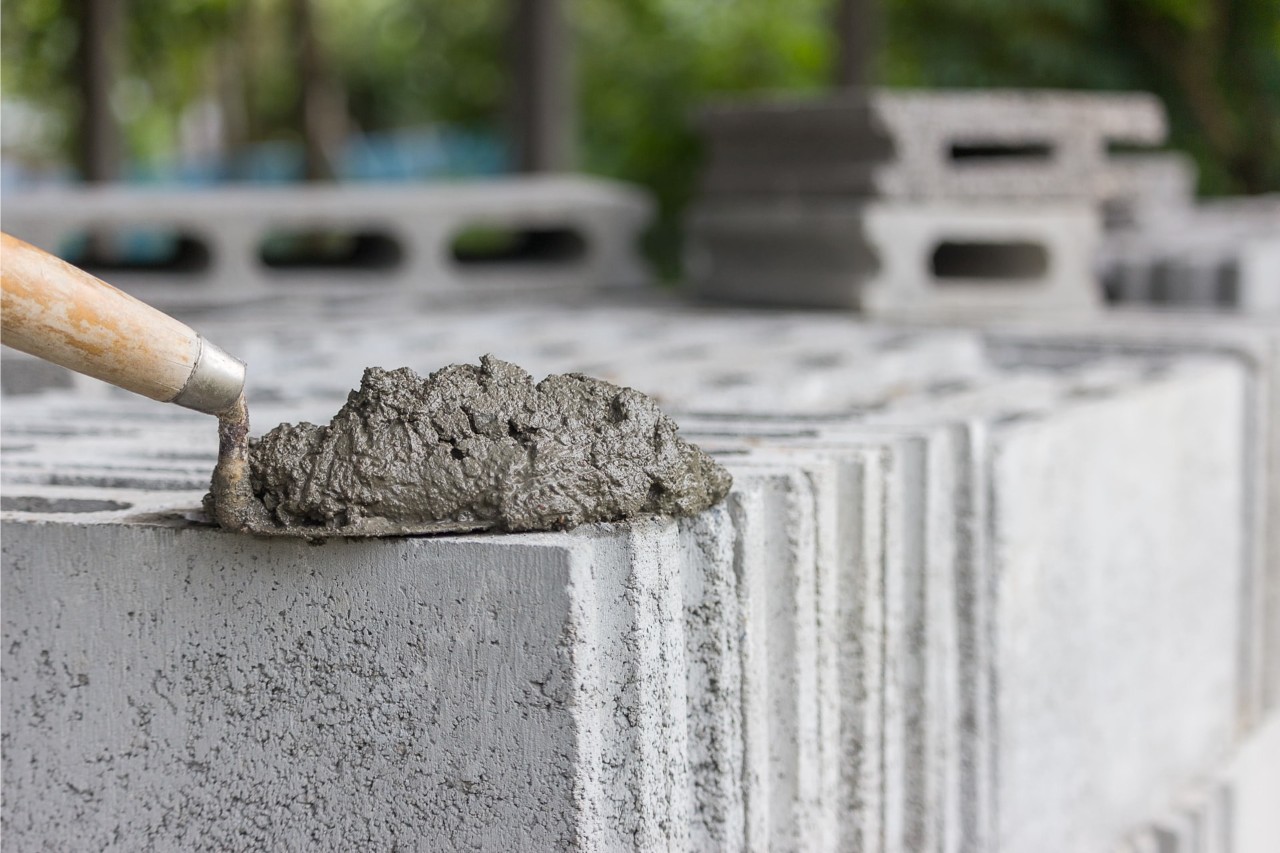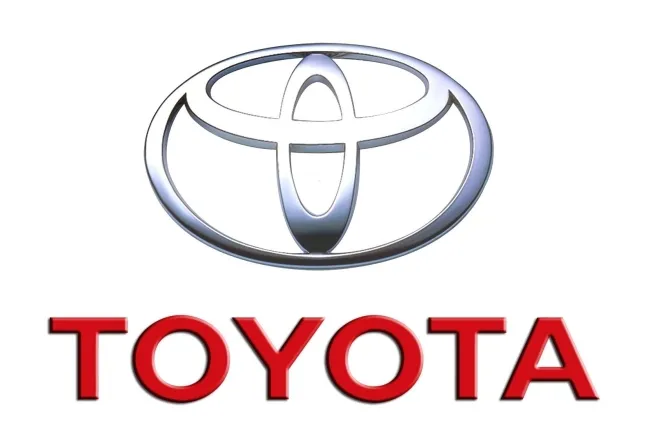Building Foundations: A Guide to Cement Types and Leading Brands...!!!
Cement is an essential building material with a wide range of uses in construction and infrastructure projects. Its versatility, strength, and durability make it indispensable for creating strong and lasting structures. With numerous reputable brands producing high-quality cement, builders and contractors have access to a variety of products catering to specific construction needs. Understanding the uses of cement and the brands that produce it can help make informed decisions for construction projects.

Cement is a fundamental construction material that has been utilized for thousands of years. It serves as a key ingredient in the creation of concrete and mortar, essential for building infrastructure such as buildings, roads, and bridges. Cement's versatility, durability, and strength make it a cornerstone in construction projects worldwide.
Uses of Cement
-
Building Construction
-
Concrete: Cement is a primary component of concrete, used for constructing foundations, floors, walls, columns, and roofs. The mixture of cement, sand, gravel, and water hardens into a strong material that supports building structures.
-
Mortar: Cement is used to make mortar, a mixture of cement, sand, and water. Mortar bonds bricks, stones, and concrete blocks, providing stability and strength to walls and other masonry structures.
-
-
Infrastructure Projects
-
Roads and Highways: Cement is used to construct concrete roads, highways, and pavements. Concrete's durability and low maintenance requirements make it ideal for heavily trafficked areas, including airport runways.
-
Bridges and Tunnels: Cement is crucial in constructing bridges and tunnels. Its strength and resistance to environmental factors ensure the longevity and safety of these structures.
-
-
Dams and Reservoirs
-
Hydraulic Structures: Cement is used in constructing dams, reservoirs, and other hydraulic structures. The impermeable nature of cement-made concrete helps prevent water leakage and provides stability.
-
-
Industrial Structures
-
Factories and Warehouses: Cement is used to build industrial structures such as factories, warehouses, and production facilities. Its ability to withstand heavy loads and harsh conditions makes it suitable for these applications.
-
-
Marine Construction
-
Ports and Harbors: Cement is used in marine structures such as docks, jetties, and seawalls. Its resistance to corrosion and harsh marine environments ensures the durability of these structures.
-
-
Decorative Applications
-
Concrete Art: Cement is used to create decorative elements, sculptures, and architectural details. Its versatility allows for various finishes, textures, and colors, enhancing the aesthetic appeal of structures.
-
-
Precast Concrete Products
-
Prefabricated Elements: Cement is used in producing precast concrete products such as beams, slabs, pipes, and panels. These prefabricated elements are manufactured off-site and transported to the construction site for assembly, reducing construction time and costs.
-

Popular Cement Brands
-
LafargeHolcim
-
Overview: LafargeHolcim is a global leader in producing cement, aggregates, and ready-mix concrete. Operating in over 70 countries, it offers a wide range of cement products for various construction applications.
-
Products: LafargeHolcim's products include Portland cement, blended cement, and specialized cement for specific applications.
-
-
Cemex
-
Overview: Cemex, a multinational building materials company headquartered in Mexico, is one of the world's largest cement producers, with operations in over 50 countries.
-
Products: Cemex produces a variety of cement types, including Portland cement, masonry cement, and high-performance cement for infrastructure projects.
-
-
HeidelbergCement
-
Overview: HeidelbergCement, a German multinational building materials company, is one of the largest cement producers globally, operating in over 50 countries.
-
Products: HeidelbergCement's portfolio includes Portland cement, blended cement, and specialty cement for various applications.
-
-
UltraTech Cement
-
Overview: UltraTech Cement, part of the Aditya Birla Group, is India's largest manufacturer of grey cement, ready-mix concrete, and white cement. It operates in multiple countries, serving diverse construction needs.
-
Products: UltraTech Cement offers products like Ordinary Portland Cement (OPC), Portland Pozzolana Cement (PPC), and Portland Slag Cement (PSC).
-
-
Dangote Cement
-
Overview: Dangote Cement, a Nigerian multinational company, is Africa's largest cement producer, known for its high-quality cement products.
-
Products: Dangote Cement produces various cement types, including Ordinary Portland Cement and blended cement for different construction applications.
-
-
China National Building Material (CNBM)
-
Overview: CNBM, one of China's largest building materials companies, is a major cement producer with a significant global market presence.
-
Products: CNBM offers a wide range of cement products, including Portland cement, clinker, and specialized cement for various construction needs.
-
-
Shree Cement
-
Overview: Shree Cement, a leading cement manufacturer in India, is known for its innovative and sustainable practices, with a strong presence in the Indian market.
-
Products: Shree Cement produces products like Ordinary Portland Cement, Portland Pozzolana Cement, and composite cement for diverse construction applications.
-
Cement is an essential building material with a wide range of uses in construction and infrastructure projects. Its versatility, strength, and durability make it indispensable for creating strong and lasting structures. With numerous reputable brands producing high-quality cement, builders and contractors have access to a variety of products catering to specific construction needs. Understanding the uses of cement and the brands that produce it can help make informed decisions for construction projects.
What's Your Reaction?

















